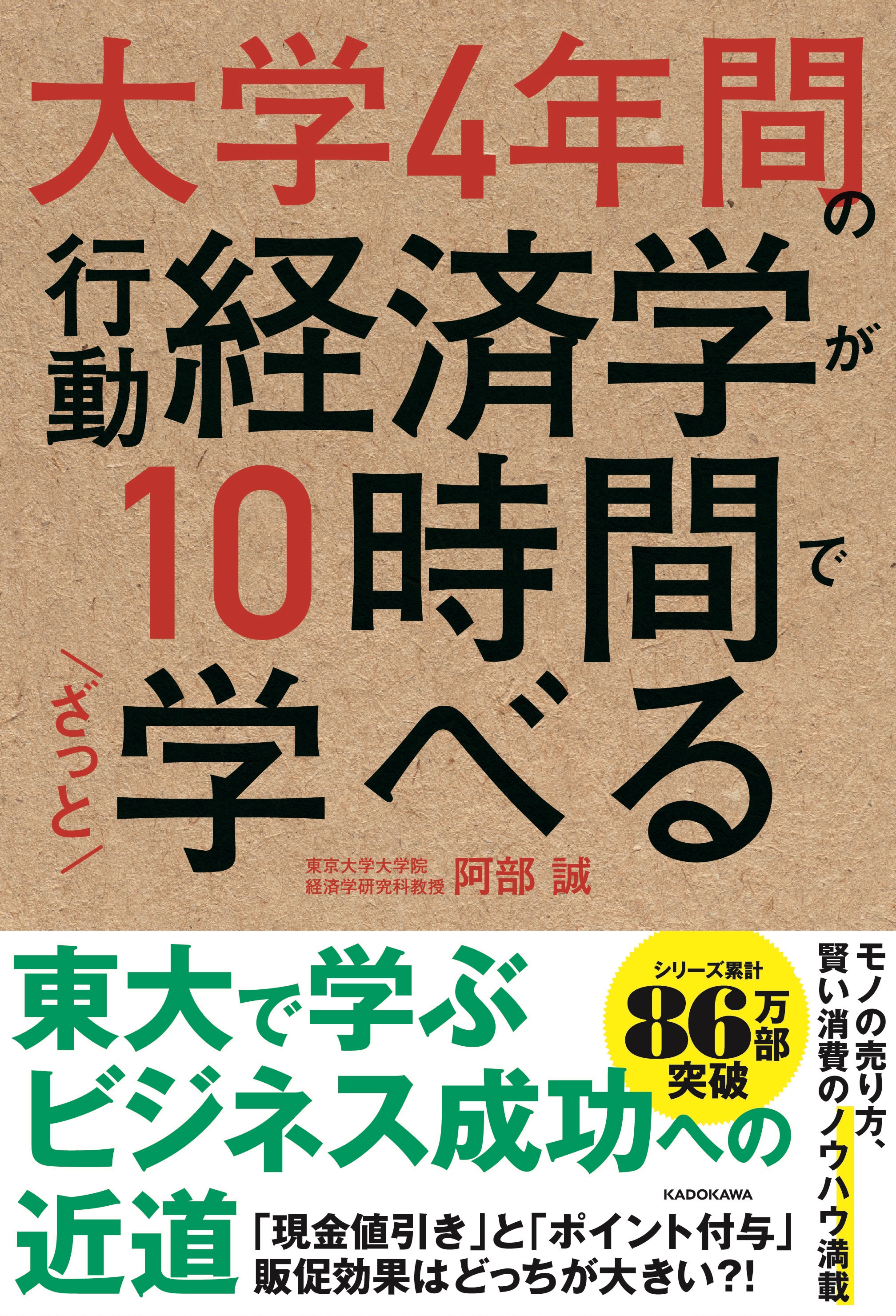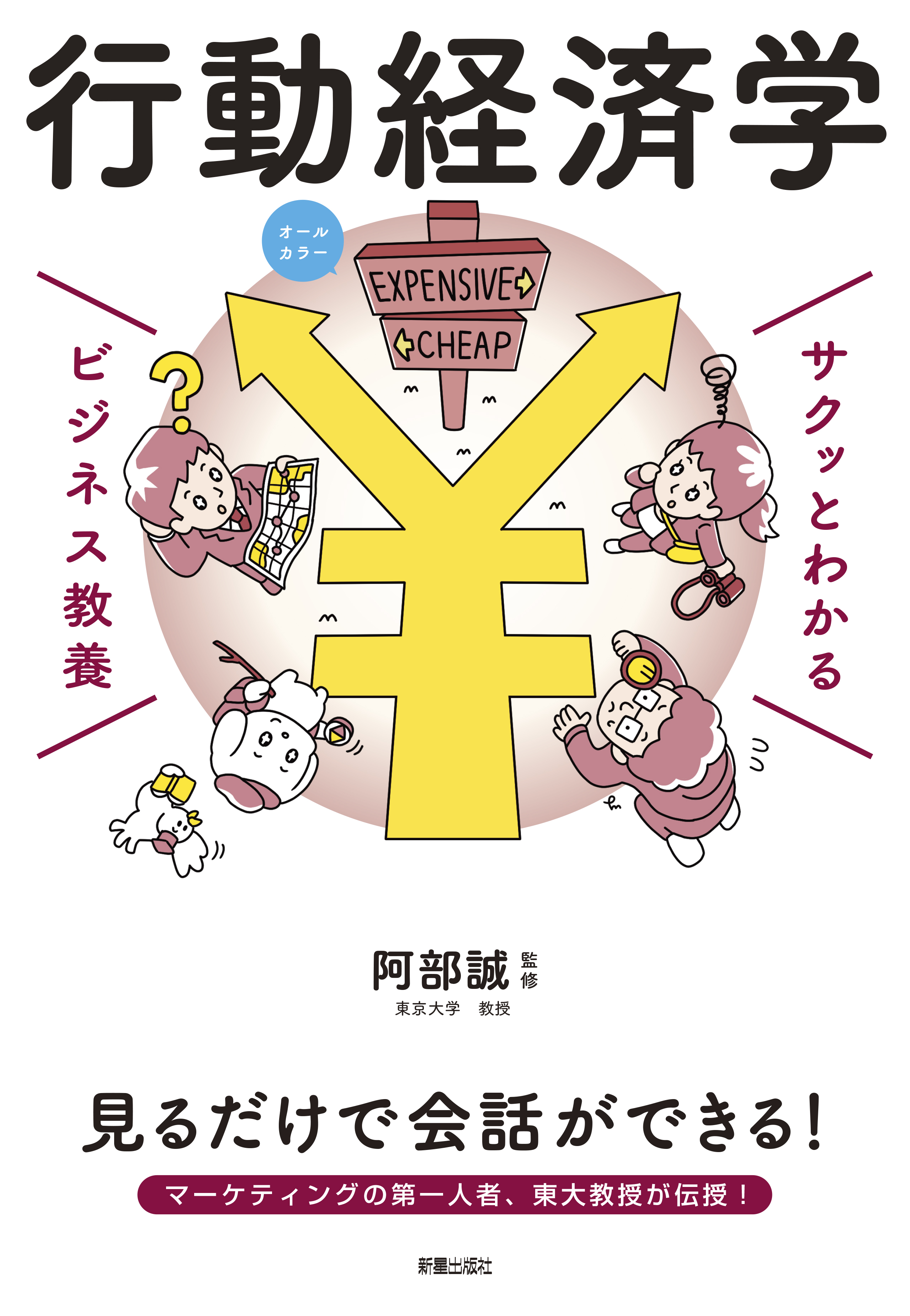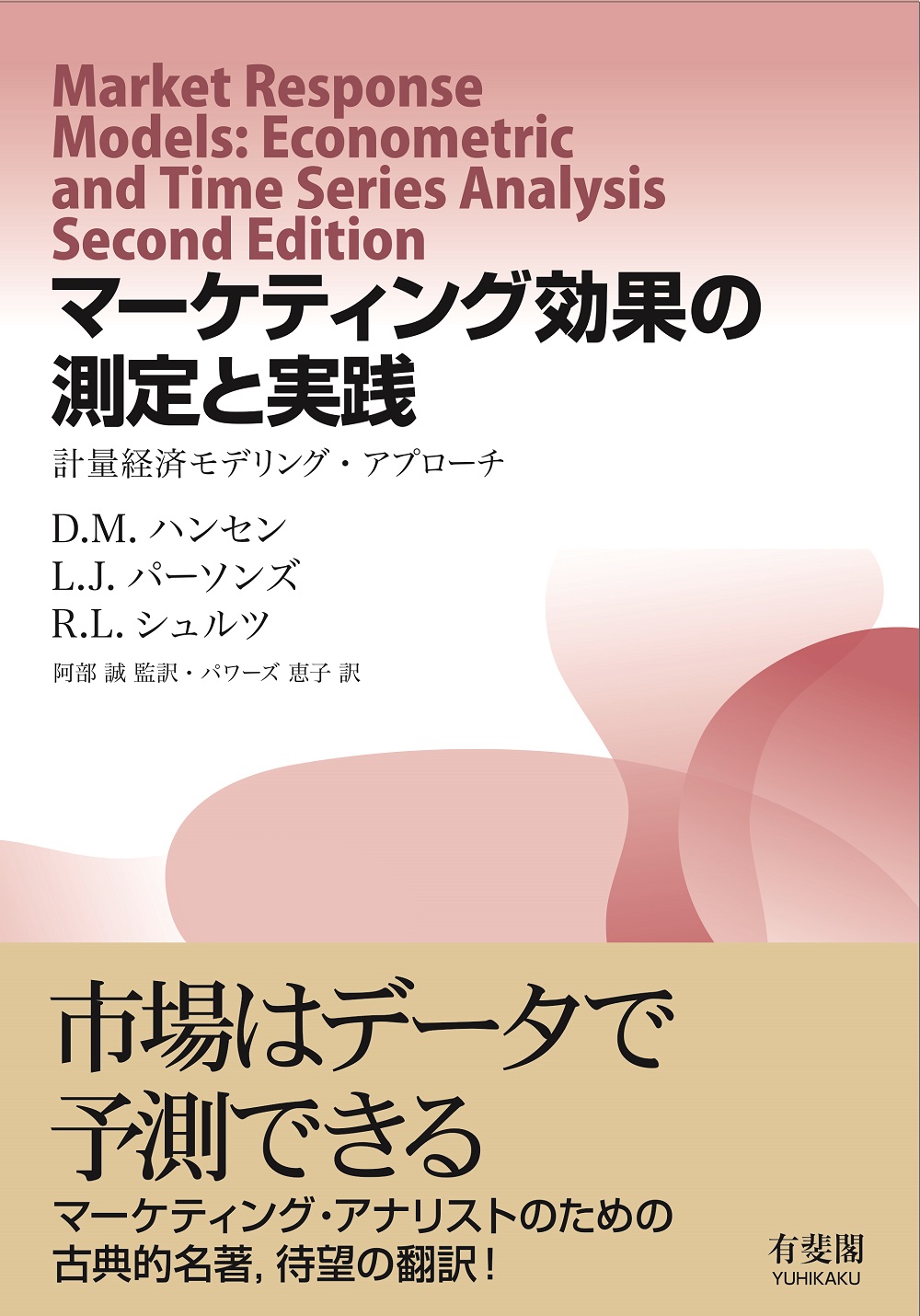
Title
Todai-Kyoju ga oshieru yabai marketing (The Tricks of Effective Marketing Tactics)
Size
288 pages, 127x188mm
Language
Japanese
Released
May 24, 2019
ISBN
9784046040602
Published by
KADOKAWA
Book Info
See Book Availability at Library
Japanese Page
Recall a time when, for example, you bought a Big Mac value meal at McDonald's. (Try to imagine this scenario if you have no experience of such a purchase.)
Did you choose the Big Mac value meal simply because you wanted to eat it? Of course, there is no reason to buy food that you do not wish to eat. However, if you consider the situation carefully, you may not have really needed to purchase the value meal. No doubt, there are some people who think, “I don’t really need fries with that…” If that is the case, why do they still buy the value meal?
This book explains the principles that such consumption behaviors are based on. You may think that the principles of consumption behaviors are too technical and difficult to understand. Some people may also wonder about the benefits of knowing this information; but I would like you to know. This is because companies know everything about the principles governing how and why consumers buy goods. Knowing this, marketers are working day and night to learn what kind of strategies they should utilize to get you buy their products.
Based on the principles of consumer behavior, marketers develop engaging marketing activities to entice consumers. As a result, consumers often make unnecessary purchases. The term “information asymmetry” describes the situation in which buyers are often at a disadvantage because information levels differ between sellers and buyers.
For this reason, by knowing what kinds of behavioral principles they are basing their consumption patterns on, consumers themselves can avoid unintended consumption without being taken in by the clever inducements of marketers. As a consumer faced with daily marketing messages, it is important to know that it is possible to make irrational decisions and also that there are ways in which you can make more rational buying decisions.
Behavioral economics, along with cognitive psychology and social psychology, provide us hints. “Behavioral economics” is a term that has been in the news a lot recently. This may be partly because several researchers in the field have been awarded the Nobel Prize in Economics. Nevertheless, the general public may not be familiar with behavioral economics.
Philip Kotler, one of the world's most renowned marketing scholars, says the following in my "My Résumé," published in the morning edition of the December 31, 2013 Nihon Keizai Shimbun.
"Actually, behavioral economics is just another name for ‘marketing.’ Over the past 100 years, marketing has brought forth new knowledge based on economics and its practices has been put into use in things related to the functioning of the economic system."
In other words, every reader is exposed to “behavioral economics” every day as a general consumer. If you have the occasion to learn about behavioral economics, cognitive psychology, and social psychology through this book, then as a researcher in this field, I could not be happier.
(Written by ABE Makoto, Professor, Graduate School of Economics / 2019)
Related Info
Professor at the Graduate School of Economics, Faculty of Economics, University of Tokyo. After obtaining a Ph.D. from the Massachusetts Institute of Technology (MIT) in 1991, he became an assistant professor at the University of Illinois that same year. In 1998, he began working as an associate professor at the University of Tokyo’s Faculty of Economics and went on to become a professor there in 2004. He has published many papers in both English and Japanese marketing journals, including co-authorships with winners of the Nobel Prize in Economics. In 2003, he was selected as the leading marketing researcher from among the universities in the Asia-Pacific region by the Journal of Marketing Education. His best-known book is "Take a 4-Year University Marketing Course in Just 10 Hours" (KADOKAWA), and he co-authored "[New Edition] Introduction to Marketing Science - Market-Aware Scientific Management" (Yuuhikaku).



 Find a book
Find a book


 eBook
eBook


